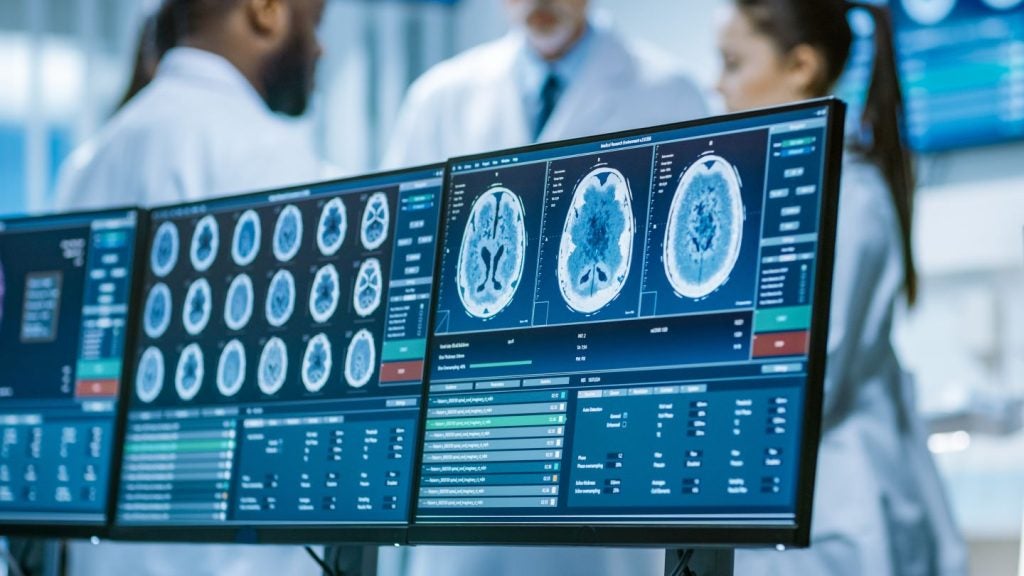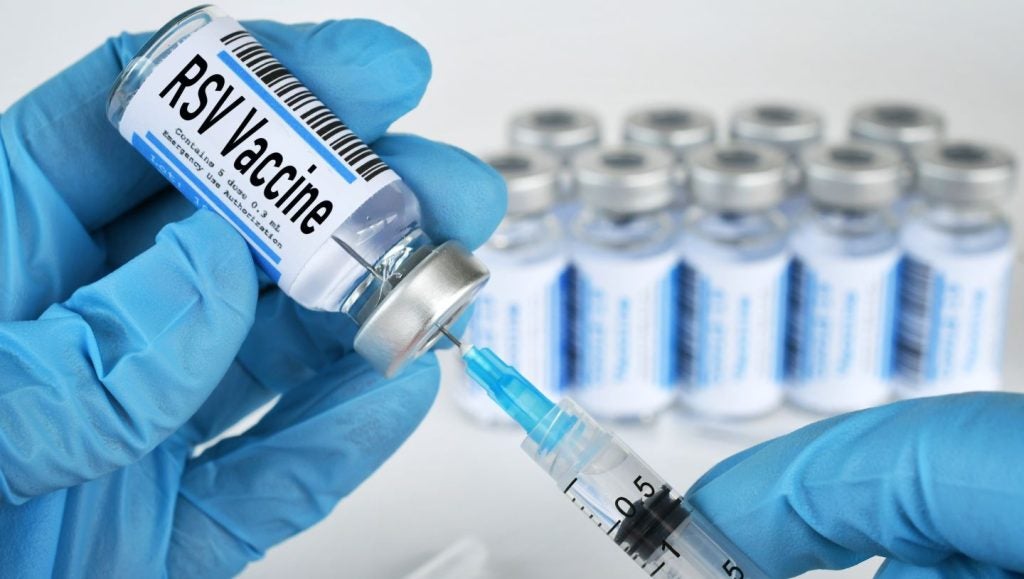The University of Cambridge in the UK has begun a clinical trial to investigate the potential of deferiprone for treating patients with neuroferritinopathy, a rare genetic brain disorder.
Deferiprone is an oral tablet that has been approved in the UK for managing blood iron levels in conditions such as thalassemia.
The DefINe trial aims to determine whether deferiprone can halt disease progression by reducing iron accumulation in the brain.
The randomised, placebo-controlled study is being funded by medical research organisation LifeArc.
It will enrol 40 subjects, who will receive deferiprone for one year while their brain iron levels are monitored using 7T magnetic resonance imaging (MRI) scanning technology.
Data from the trial will support an application for UK licensing under 'Exceptional Circumstances', a route often employed for rare diseases affecting a small population, potentially expediting the drug's availability to patients.
LifeArc has invested £750,000 ($954,728) in the trial while Swiss life sciences company Lipomed has contributed a Gift in Kind valued at £250,000.
Lipomed will deliver a cost-effective generic form of deferiprone, Deferiprone Lipomed, and a placebo for the study.
Neuroferritinopathy is a debilitating and progressive condition characterised by an abnormal build-up of iron in the brain, leading to severe symptoms and loss of speech and swallowing in middle-aged adults.
There are currently no effective treatments for the disorder, which is caused by changes in a gene producing the ferritin light chain protein.
University of Cambridge clinical neurosciences professor Patrick Chinnery said: “Neuroferritinopathy leads to severe disability and currently has no cure.
“The DefINe trial will show whether we can stop the disease in its tracks by pulling iron out of the brain using a well-known medicine called deferiprone.
“If successful, the trial will open the possibility of using a similar approach for other neurodegenerative conditions linked to the build-up of iron in the brain, including Parkinson’s disease.”














